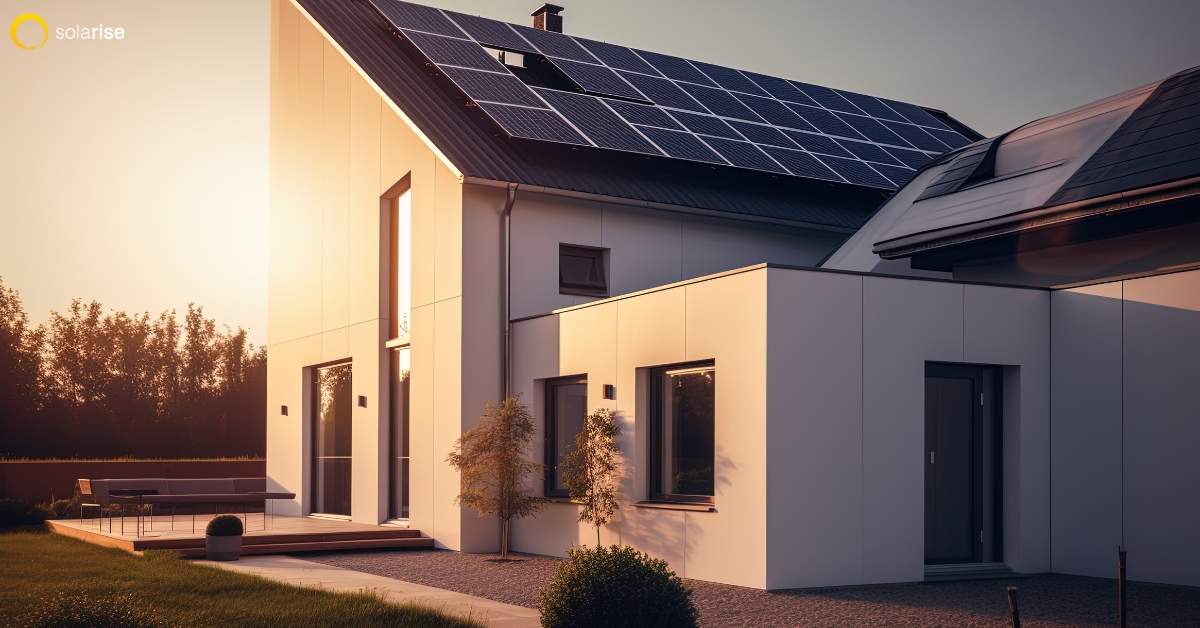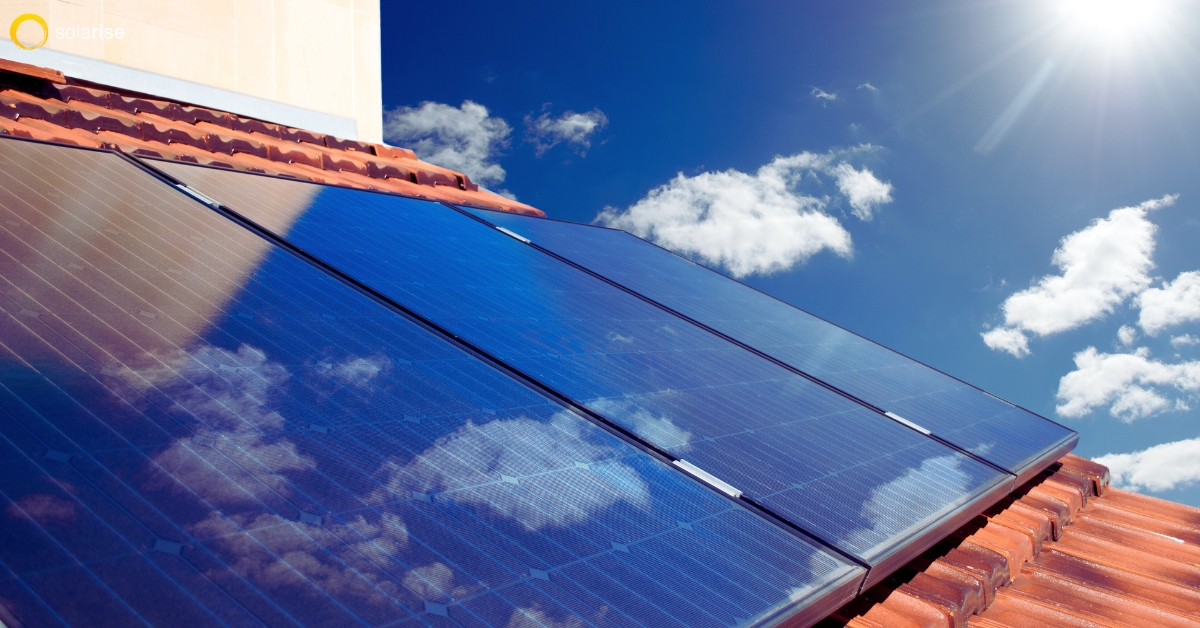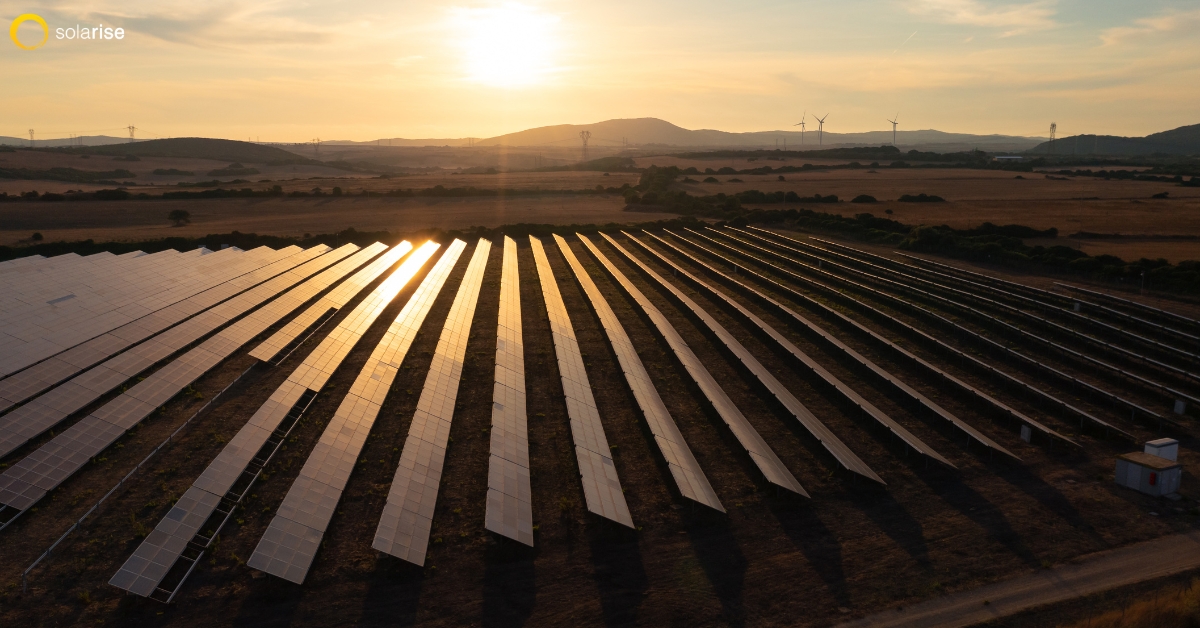Renewable: In the context of resources, "renewable" stands for any organic natural resource that can be replenished over time compared to its usage, with the replenishment occurring through biological reproduction or other naturally recurring processes. These resources, encompassing the largest components of Earth's ecosphere, contribute significantly to Earth's natural environment.
Renewable resources may extend to sustainable agricultural production and to a certain extent, water resources. A resource's sustainability is often indicated by a positive life cycle assessment, signaling that the resource can be regenerated faster than it is consumed.
Coined by Paul Alfred Weiss in 1962, the definition of renewable resources includes "The total range of living organisms providing man with food, fibres, drugs, etc...".
Within the scope of renewable resources falls renewable energy, a pivotal aspect of contemporary sustainability efforts. Common sources of renewable energy include solar, geothermal, and wind power. These sources reliably regenerate, minimizing environmental impact while providing an alternative to fossil fuels.
At Solarise Solar, we specialize in harnessing one of the most abundant renewable resources: solar power. By converting sunlight into electricity through photovoltaic solar panels, we enable homes and businesses in Colorado Springs to tap into a sustainable, cost-effective, and renewable source of energy, reducing reliance on non-renewable resources and contributing to a greener world.





